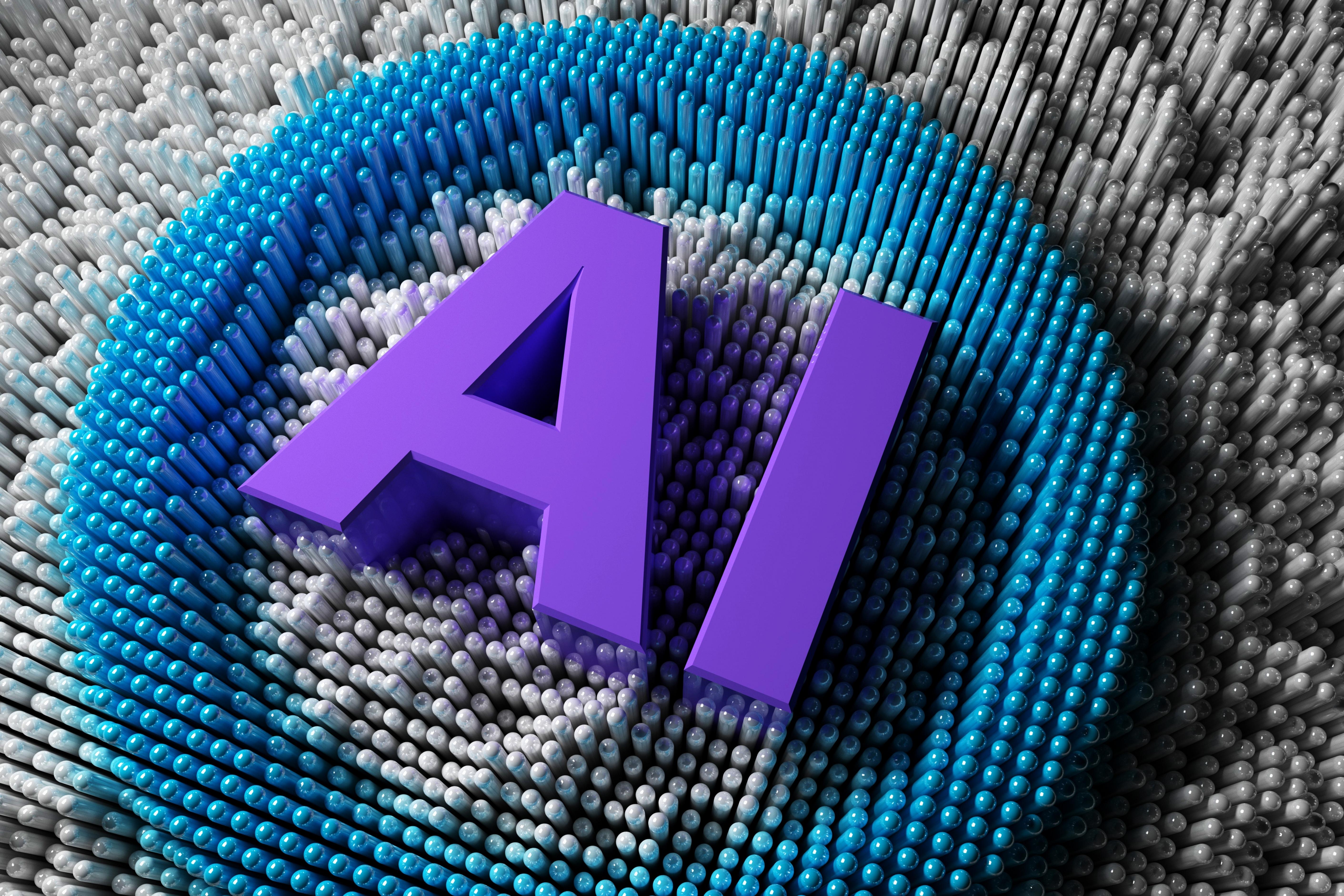Artificial Intelligence and the Future of Education: Opportunities and Challenges
Alexander Andersen / October 26, 2023

The education landscape is experiencing a profound transformation, thanks to the integration of artificial intelligence (AI) into the learning process. AI has the potential to revolutionize education, offering a wide array of opportunities and presenting unique challenges. In this article, we'll explore how AI is shaping the future of education and discuss the opportunities and challenges it presents.
- **1. Personalized Learning:One of the key opportunities AI brings to education is personalized learning. AI-driven platforms can analyze individual student's strengths and weaknesses, allowing educators to tailor learning experiences to meet each student's needs. This approach promotes more effective learning and better academic outcomes.
- **2. Enhanced Student Engagement:AI-powered educational tools can make learning more engaging and interactive. Virtual tutors, chatbots, and gamified learning platforms offer a dynamic and fun learning experience that captivates students' attention and maintains their interest in the subject matter.
- **3. Efficient Administrative Tasks:AI can streamline administrative tasks for educational institutions, freeing up time and resources for more critical activities. Automated grading, student performance analysis, and scheduling optimization are just a few examples of how AI can enhance the efficiency of educational administration.
- **4. Access to Quality Education:AI can expand access to quality education, particularly in regions with limited resources. Online courses, often powered by AI, provide opportunities for remote and underprivileged learners to access high-quality education from anywhere in the world.
- **5. Challenges and Ethical Considerations:While the potential benefits are significant, AI in education is not without its challenges. Concerns about data privacy, the potential for bias in algorithms, and the replacement of human educators are critical issues that require attention and regulation.
- **6. AI-Enhanced Skill Development:AI can play a significant role in skill development, both for students and educators. Students can learn valuable skills like coding, data analysis, and critical thinking, while educators can leverage AI tools for more effective teaching methodologies.
- **7. The Role of Educators:AI is a tool to enhance the role of educators, not replace them. The teacher's role becomes that of a facilitator, guiding students through the learning process, providing mentorship, and offering a human touch that AI cannot replicate.
- **8. The Future of AI in Education:The future of AI in education is bright. Advancements in natural language processing and machine learning will make AI even more adaptive and responsive to individual needs. This will further unlock the potential of personalized education.
- **9. Conclusion:The integration of AI into education represents a new era in learning. While the challenges are real and require careful consideration, the opportunities are boundless. AI has the power to make education more accessible, engaging, and effective. The future of education is one where human educators, empowered by AI, guide students towards a brighter and more informed future.
In conclusion, AI is transforming education, offering personalized learning experiences, improving student engagement, and streamlining administrative tasks. However, it also raises challenges related to data privacy, bias, and the role of educators. The future of education is an exciting one where AI and human educators collaborate to provide students with a high-quality, tailored learning experience.